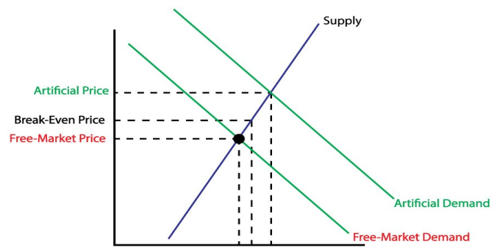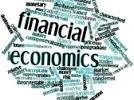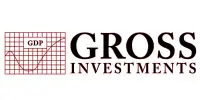Artificial Demand is when you or someone else thinks a learning solution is valuable, but there’s no plan to change people’s behavior or improve their performance. This constitutes a demand for something that, in the absence of exposure to the vehicle of creating demand, would not exist. It has controversial applications in microeconomics (pump and dump strategy) and advertising. Companies can reduce artificial demand by implementing an overall controls system to maintain the compressed air system at the actual pressure that is required.
Demand is usually seen as artificial when it increases consumer utility very inefficiently; for example, a physician prescribing unnecessary surgeries would create artificial demand. By creating artificial demand, the marketer plays with the psychology of a customer. It’s a human tendency that if we get any product very easily or is readily available than we don’t value it much. Government spending with the primary purpose of providing jobs (rather than delivering any other end product) has been labeled “artificial demand”. Similarly, Noam Chomsky has suggested that unchecked militarism is a type of government-created artificial demand, a “system of state planning oriented toward military production, in effect, the production of high technology waste”, with military Keynesianism or a powerful military-industrial complex amounts to the “creation of state-guaranteed markets for high technology waste (armaments).”
Vehicles of creating artificial demand can include mass media advertising, which can create demand for goods, services, political policies or platforms, and other entities. Marketers leverage this by creating Artificial Demand for a product by cutting down the supply of a product in demand. The basic assumption is that products should be in demand to create Artificial Demand. Few other factors which influence Artificial demand are high perceived value in the mind of customer and least competition in product price range i.e. high cost of an upgrade to next product and low perceived value of the product at a lower price point.
Demand theory is an economic principle relating to the relationship between consumer demand for goods and services and their prices in the market. Another example of artificial demand can be seen in penny stock spam. Responding to artificial demand creates a huge amount of training waste. After purchasing a large number of shares of an extremely low-value stock, the scammer attempts to create artificial demand by implementing a spam-based guerrilla marketing strategy. Pretty much all the time, money, and resources that go into the learning solution achieve nothing of value.
















